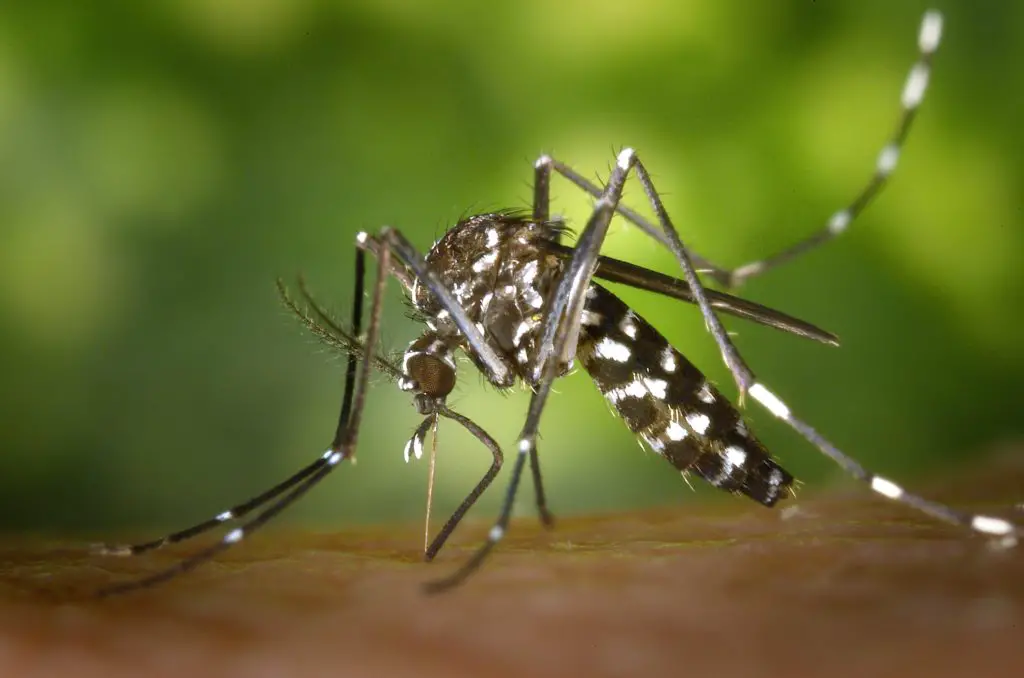A seizure is the physical findings or changes in behavior that occur after an episode of abnormal electrical activity in the brain.
The term “seizure” is often used interchangeably with “convulsion.” During convulsions, a person has uncontrollable shaking that is rapid and rhythmic, with the muscles contracting and relaxing repeatedly. There are many different types of seizures. Some have mild symptoms without shaking.
Considerations
It may be hard to tell if someone is having a seizure. Some seizures only cause a person to have staring spells. These may go unnoticed.
Specific symptoms depend on which part of the brain is involved. Symptoms occur suddenly and may include:
- Brief blackout followed by a period of confusion (the person cannot remember for a short time)
- Changes in behaviour, such as picking at one’s clothing
- Drooling or frothing at the mouth
- Eye movements
- Grunting and snorting
- Loss of bladder or bowel control
- Mood changes, such as sudden anger, unexplainable fear, panic, joy, or laughter
- Shaking of the entire body
- Sudden falling
- Tasting a bitter or metallic flavour
- Teeth clenching
- Temporary stop in breathing
- Uncontrollable muscle spasms with twitching and jerking limbs
Symptoms may stop after a few seconds or minutes, or continue for up to 15 minutes. They rarely continue longer.
The person may have warning symptoms before the attack, such as:
- Fear or anxiety
- Nausea
- Vertigo (feeling as if you are spinning or moving)
- Visual symptoms (such as flashing bright lights, spots, or wavy lines before the eyes)
Causes
Seizures of all types are caused by abnormal electrical activity in the brain.
Causes of seizures can include:
- Abnormal levels of sodium or glucose in the blood
- Brain infection, including meningitis and encephalitis
- Brain injury that occurs to the baby during labor or childbirth
- Brain problems that occur before birth (congenital brain defects)
- Brain tumour (rare)
- Drug abuse
- Electric shock
- Epilepsy
- Fever (particularly in young children)
- Head injury
- Heart disease
- Heat illness (heat intolerance)
- High fever
- Phenylketonuria (PKU), which can cause seizures in infants
- Poisoning
- Street drugs, such as angel dust (PCP), cocaine, amphetamines
- Stroke
- Toxaemia of pregnancy
- Toxin buildup in the body due to liver or kidney failure
- Very high blood pressure (malignant hypertension)
- Venomous bites and stings (such as a snake bite)
- Withdrawal from alcohol or certain medicines after using it for a long time
Sometimes, no cause can be found. This is called idiopathic seizures. They are usually seen in children and young adults, but can occur at any age. There may be a family history of epilepsy or seizures.
If seizures continue repeatedly after the underlying problem is treated, the condition is called epilepsy.
Home Care
Most seizures stop by themselves. But during a seizure, the person can be hurt or injured.
When a seizure occurs, the main goal is to protect the person from injury:
- Try to prevent a fall. Lay the person on the ground in a safe area. Clear the area of furniture or other sharp objects.
- Cushion the person’s head.
- Loosen tight clothing, especially around the neck.
- Turn the person on their side. If vomiting occurs, this helps make sure that the vomit is not inhaled into the lungs.
- Look for a medical ID bracelet with seizure instructions.
- Stay with the person until they recover, or until professional medical help arrives.
Things friends and family members should NOT do:
- DO NOT restrain (try to hold down) the person.
- DO NOT place anything between the person’s teeth during a seizure (including your fingers).
- DO NOT attempt to hold the person’s tongue.
- DO NOT move the person unless they are in danger or near something hazardous.
- DO NOT try to make the person stop convulsing. They have no control over the seizure and are not aware of what is happening at the time.
- DO NOT give the person anything by mouth until the convulsions have stopped and the person is fully awake and alert.
- DO NOT start CPR unless the seizure has clearly stopped and the person is not breathing or has no pulse.
If a baby or child has a seizure during a high fever, cool the child slowly with lukewarm water. DO NOT place the child in a cold bath. Call your child’s health care provider and ask what you should do next. Also, ask if it is OK to give the child acetaminophen (Tylenol) once they are awake.
When to Contact a Medical Professional
Call 911 or the local emergency number if:
- This is the first time the person has had a seizure
- A seizure lasts more than 2 to 5 minutes
- The person does not awaken or have normal behavior after a seizure
- Another seizure starts soon after a seizure ends
- The person had a seizure in water
- The person is pregnant, injured, or has diabetes
- The person does not have a medical ID bracelet (instructions explaining what to do)
- There is anything different about this seizure compared to the person’s usual seizures
Report all seizures to the person’s provider. The provider may need to adjust or change the person’s medicines.
What to Expect at Your Office Visit
A person who has had a new or severe seizure is usually seen in a hospital emergency room. The provider will try to diagnose the type of seizure based on the symptoms.
Tests will be done to rule out other medical conditions that cause seizures or similar symptoms. This may include fainting, transient ischemic attack (TIA) or stroke, panic attacks, migraine headaches, sleep disturbances, and other possible causes.
Tests that may be ordered include:
- Blood and urine tests
- CT scan of the head or MRI of the head
- EEG (usually not in the emergency room)
- Lumbar puncture (spinal tap)
Further testing is needed if a person has:
- A new seizure without a clear cause
- Epilepsy (to make sure the person is taking the right amount of medicine)









